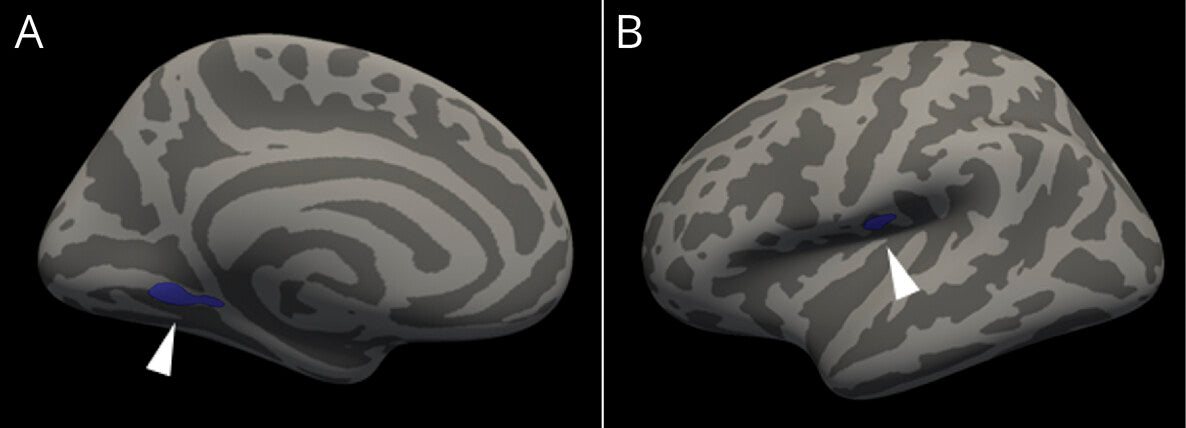MRI Study Reveals Brain Differences in Patients with Migraine, Offering Hope for Better Diagnostics and Treatment
Posted on April 18 2024,

A recent study published in the journal Neurology has found interesting observations on the brain structure of people with migraine. The study compared MRI scans of 296 migraine patients to 155 healthy controls, analyzing cortical surface area, thickness, and volume.
The researchers found that migraine patients, especially those with chronic migraine, had reduced cortical surface area in the left anterior insula, a region involved in pain processing. They also discovered increased surface area in the right caudal anterior cingulate cortex (ACC) in chronic migraine, which correlated with monthly headache frequency. Furthermore, migraine without aura was associated with greater right caudal ACC surface area compared to controls.
No significant differences in cortical thickness or volume were found between migraine and control groups.
The study's findings have important implications for people with migraine. The distinct brain signatures observed in different migraine subtypes suggest that personalized diagnostics and therapies may be possible in the future.
The association between medication overuse/adaptation headache and brain structure changes also highlights the need for effective preventive treatments.
Finally, this is also further evidence that migraine is not “just in your head” as some therapy people we recently talked about like to claim. It is not fear-based, but real, anatomical, and functional changes occurring in the nervous system, including the brain.
Fri, Apr 18, 25
Weather Conditions & Migraine Attacks: Is there a relationship?
This meta-analysis found that weather conditions, especially temperature and ambient pressure changes as well as increased levels of certain air pollutants (PM10, PM2.5, NO2, CO, and O3), are significantly associated...
Read MoreFri, Apr 18, 25
Understanding the Link Between Endometriosis and Migraine
Understanding the Link Between Endometriosis and Migraine: New systematic review and meta-analysis reveals a significant connection between these two conditions and what it means for patients.
Read More

